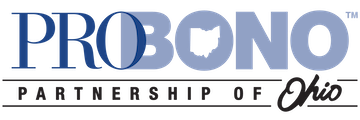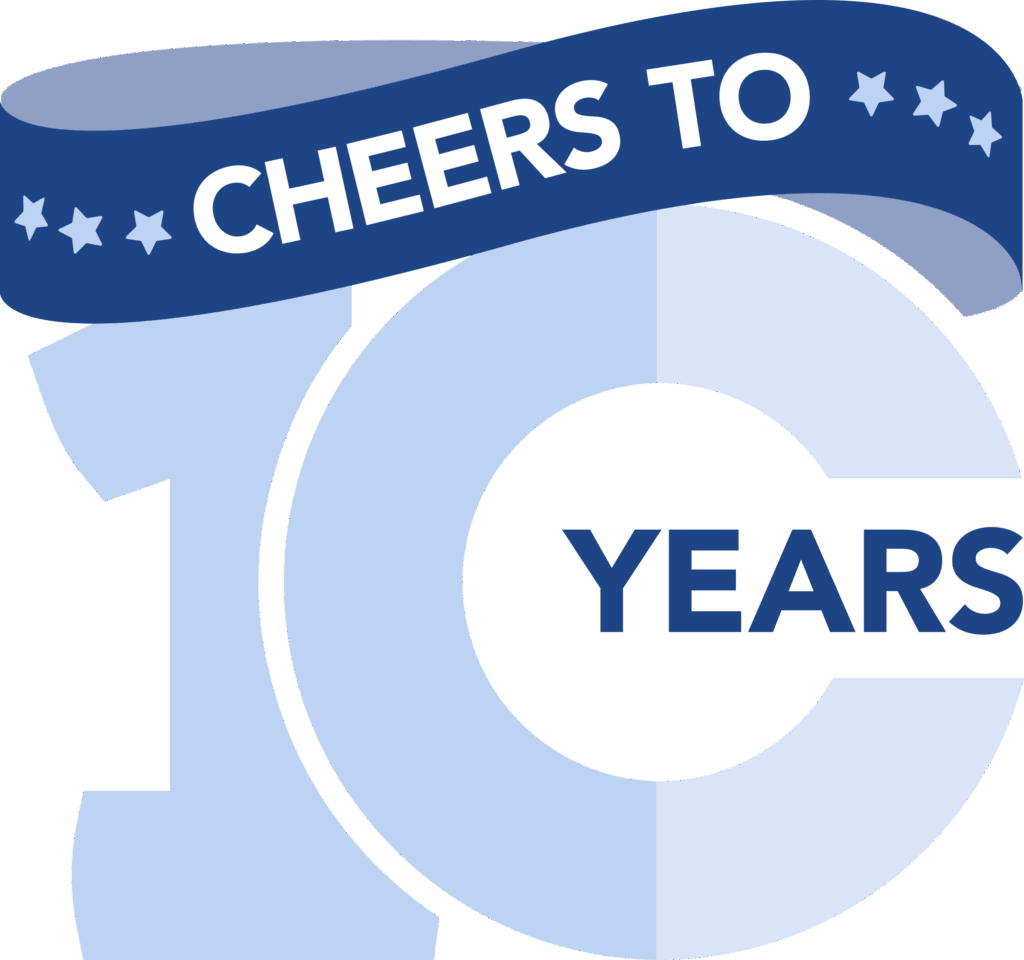
Form I-9 Matters Now More Than Ever
Since taking office, the Trump Administration made enforcement of federal hiring laws a priority. In a quest to ensure employer compliance, the administration significantly increased enforcement efforts, with immigration authorities conducting more audits and worksite investigations than in prior years. News outlets have reported that specific quotas were set for these investigations, indicating a broader push for stronger enforcement measures across all sectors.
Gregory Robinson, Esq. and Mianda Bashala, Esq., Keating Muething & Klekamp PLL
While many nonprofits may assume they are unlikely to be targeted, the reality is that they are not immune from these enforcement efforts. Like all U.S. employers, nonprofits must comply with federal laws requiring verification of employee work eligibility through Form I-9. Failure to comply can result in significant penalties, even for minor errors. For this reason, it is essential for nonprofits to understand the requirements set forth by the Department of Homeland Security (DHS) and apply best practices for compliance.
What is Form I-9?
Form I-9, Employment Eligibility Verification, issued by the DHS, is the official document used to verify an employee’s identity and authorization to work in the United States. Individuals may be authorized to work if they are a U.S. citizen, a non-citizen national, a lawful permanent resident (Green Card holder), or a non-citizen granted specific work authorization.
Employers must properly complete Form I-9 for every individual they hire for employment in the United States. This includes citizens and foreign nationals. Employees must complete and sign Section 1 of the form on or before their first day of work, attesting to their employment authorization status. However, employees cannot complete the form before acceptance of an offer of employment. Employees must then present their employer with acceptable documents as evidence of identity and employment authorization. Employers must examine the presented documents to determine whether they reasonably appear to be genuine and relate to the employee, then record the document information on Section 2 of the employee’s Form I-9. Employers must complete Section 2 within three business days of the employee’s start date. Employers must provide the lists of acceptable documents to the employee when completing Form I-9. The list of acceptable documents is set by DHS and employers must accept any valid document from that list—they cannot mandate what specific documents an employee provides.
Employers are required to retain a completed Form I-9 for each employee for three years after the date of hire or one year after employment ends, whichever is later.
Understanding I-9 Audits
In recent years the federal government, primarily through the Immigration and Customs Enforcement (ICE) and its Homeland Security Investigations (HIS) division, has significantly increased the number of Form I-9 audits. These audits are not the same as immigration raids. Unlike immigration raids, which are judicial and often tied to criminal investigations, I-9 audits are civil, administrative reviews focused solely on verifying documentation and compliance.
An audit typically begins when an employer receives a Notice of Inspection (NOI) from DHS, requesting copies of Form I-9s for all or certain employees. The employer generally has three business days to produce requested forms and any supporting documentation. This request may also include an administrative subpoena for additional records. DHS then reviews the forms for completeness and accuracy. If DHS identifies employees they believe are unauthorized to work, the employer is given a deadline to resolve the issue, which may require terminating the employment of those individuals. DHS may also flag discrepancies that require further clarification or identify technical or procedural errors that must be corrected. If DHS identifies technical or procedural issues, employers are generally given ten business days to correct them. Depending on the findings, DHS may issue recommendations for improving hiring processes, suggest that the employer enroll in E-Verify, or issue a finding of compliance, a warning, or fines.
Potential Penalties for Non-Compliance
Federal law prohibits employers from knowingly hiring individuals who are not authorized to work in the United States. Willful violations can result in criminal charges. However, even unintentional or technical errors— such as leaving a section of Form I-9 incomplete or accepting an incorrect type of document— can lead to significant fines. Civil penalties can range from $288 to $2,861 per employee, in addition to other possible consequences. For small nonprofits, even a handful of such fines can create a substantial financial strain.
Practical Steps for Nonprofits
Nonprofits often operate with small teams and limited human resources support, but there are straightforward measures they can take to minimize risk. First, review your hiring process to ensure the Form I-9 is completed accurately, on time, and in compliance with federal requirements. This should be a standard part of every onboarding procedure.
Second, perform periodic self-audits of all Form I-9s you have on file. If you discover errors, correct them before receiving a NOI, as it may be too late to fix mistakes once an audit begins. Whenever a correction is made, corrections should be made by drawing a single line through the incorrect information, entering the correct information, and initialing and dating the change. Only employees can make changes to Section 1 of the form, and only employers can make changes to Section 2. It is also best practice to attach a short written explanation of why the correction was necessary. Taking the time to make these corrections now can demonstrate good faith and may help reduce penalties in the event of a future audit.
Avoiding Discrimination
While employers are required to verify work eligibility, they must also ensure compliance with federal anti-discrimination laws. Treating applicants or employees differently based on citizenship, immigration status, or national origin can lead to legal liability. Employers may ask whether an applicant is authorized to work in the United States and whether they will require visa sponsorship, but should not ask for a specific immigration status before hiring. Furthermore, employers must accept any valid document from the DHS-approved list and may not request different or additional documents based on assumptions about a person’s background.
Compliance is Your First Line of Defense
Federal immigration laws can be complex, but properly implementing Form I-9 process is one of the most effective ways a nonprofit can protect itself. Completing the form accurately, meeting timing deadlines, keeping records for the required period, and conducting regular self-audits are all essential practices. These steps will put your organization in a stronger position should DHS ever initiate an audit.
Staying compliant with Form I-9 requirements is not only a legal obligation, it helps safeguard your mission and the people who help you carry it out.
Need Legal Advice?
If you are a PBPO client and have questions regarding the content of this article or need legal assistance, please contact us at [email protected] or (513) 977-0304.
Not a Client? Apply to become a client by submitting a Request for Legal Assistance online, or contact us at [email protected].
About the Authors
Gregory Robinson is a partner with Keating Muething & Klekamp PLL where he helps businesses navigate complex workplace laws. Drawing on his government service background, he advises employers on compliance with local, state, and federal regulations, and develops workplace policies to prevent disputes before they arise. He is licensed to practice in Ohio, Kentucky, and Washington, DC. Greg earned his J.D. from Vanderbilt University Law School.
Mianda K. Bashala is an attorney with Keating Muething & Klekamp PLL, where she advises and represents employers in matters involving workplace compliance, internal investigations, and litigation defense. She is licensed to practice in Ohio and Massachusetts. Mianda earned her J.D. from Northeastern University School of Law and holds a Master’s degree from the Carl H. Lindner College of Business, University of Cincinnati.
Disclaimer
This article presents general guidelines for Ohio nonprofit organizations as of the date written and should not be construed as legal advice. Always consult an attorney to address your particular situation.
© 2025 Pro Bono Partnership of Ohio. All rights reserved. Dated September 3, 2025

